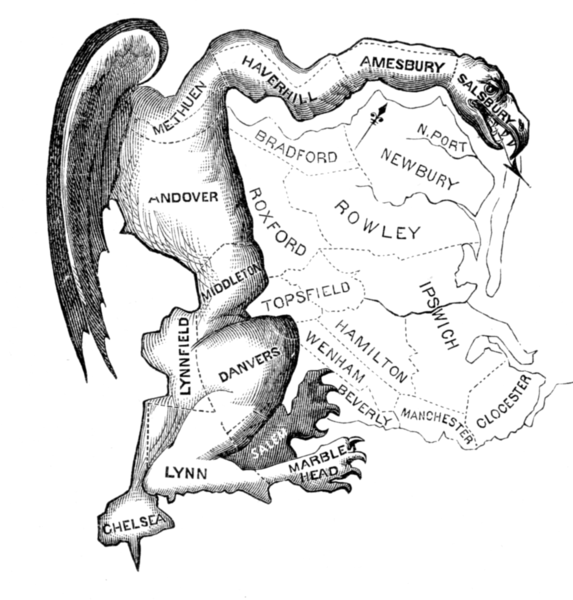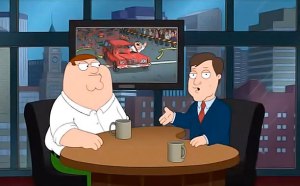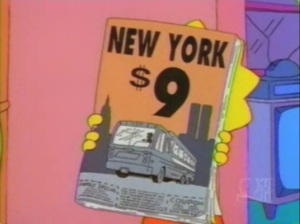Spectaculum Horribilis
Vacations are meant to be relaxing. Swim, sun, cook, drink, rinse, repeat. Due to personal and professional deadlines my vacation went more like: clean, trash, write, apply, review, request an extension. Between submitting for publication, looking for new employment, refinancing the house, and running an amateur wrestling clinic for small children out of my living room, I found enough time to scribble a few thoughts on humor, drink unwatered whiskey, and beg for a quick death between the hours of 11pm and midnight before it all began again the following day.
Few and far between do I ever find the emancipated evening, like my pass to the local class on voice acting I mentioned last time. If you’re the type to follow links in an online article like E. T. tracking Reese’s Pieces (timely I know), then your detective work discovered my town of residence. Salem, MASS. There are a lot of Salems in the United States, but only ours burned witches so their descendants could sell cheap gimcracks that turn tragedy into novelty. History is ripe for humor, and when that humor becomes routine, the resulting tradition can be called horrible.
Or rather, Horribles. The Ancient and Horribles Parade is a fading New England tradition that sounds a lot like a lottery in Shirley Jackson literature. “We’ve always had a parade!” some old codger mutters before throwing a rock at the chosen sacrifice. Similarly, the parade stretches back into forgotten memory, where many claim its origin but no one really knows when exactly. But they do know what and how. Usually on or around July 4, a community informally gathers to lampoon people in the public eye as a supplement to the formal celebrations sponsored by the government on our day of independence. Like Gerrymandering, the North Shore above Boston also made the event a political device, “whereby the speaker argues against taking a certain course of action by listing a number of extremely undesirable events which will ostensibly result from the action.” But why speak of politics when it can be satirized?
- I live in the left leg
A Blanc Slate
Last week I took a class called Getting Paid to Talk: Making Money with Your Voice. I had never seen this class in our local Parks and Recreation catalogue—usually dedicated to Acting for Youngstars! or Wine Glass Fun. As the title bordered on George Carlin’s superfluous redundancy, I wanted to attend, but could not commit until that day, as children have a habit of ruining the best-laid plans.
I was a child when voices first captured my attention. Yes, I get we all were children when first fascinated by speech, but my concern was delivery. Daffy’s lisp, Porky’s stutter, the Kentucky drawl of Foghorn and da Brooklyn cant of Bugs. I grew up with Looney Tunes the way American education used to teach rhetoric, before it gave up. We watched Disney movies at the Rec Center—a different Rec Center, not the Wine Glass Center—back when video stores were not yet born now long dead, and cable included the cord connecting your TV to thirty-seven possible channels. The only thing on demand was our need to be specific places to watch specific things when other people did the same. The images caught our attention, but the voices kept it. Every one was distinct, and many times they had to be to help differentiate the characters. These products began in an age of radio, when actors used their talents aurally, because they could not offer an audience (Audio, Audire, Audivi, Auditus—to hear) any talents visually.
Watching TV Scramble: Editing Jokes After the Fact
As I watched last night’s Family Guy, my local Chicago station’s news teaser informed me of an unfolding tragedy to our West. Tornadoes were hitting parts of the Midwest and they were heading our way. As the second episode began, one character, Stewie, requested that they watch The Weather Channel because, “there are tornadoes in the Midwest and I like watching poor people scramble to save what little they have.” For those who didn’t initially notice it, the presence of an onscreen weather warning made the juxtaposition explicit.
This was not the first instance of Family Guy inadvertently finding extra sickness as their jokes took on new substance in relation to current events. The March 17 episode, “Turban Cowboy,” showed a character, Peter, drunk-driving his way through a crowd of runners to win the Boston Marathon. Later in the same episode, Peter unwittingly becomes involved with a terrorist organization, which leads to a gag in which he repeatedly, albeit accidentally, detonates bombs with his cell phone. After the attacks at the Boston Marathon less than a month later, these clips gained a lot of traction on the internet and Fox pulled the episode from its official internet sites and, at least for now, from future airing as reruns.
Over at Splitsider, Joshua Kurp lists similar situations in response to 9/11 with episodes of The Simpsons, Rocko’s Modern Life, Sex and the City, Friends, Married. . .With Children, and Spongebob Squarepants.
In these cases, where jokes get cut or entire episodes disappear from reruns, we witness a fascinating indicator of humor and television’s temporality in relation to more serious events in the “real world.” The inadvertent nature of these juxtapositions create a kind of dramatic irony that adds an extra element of humor to these episodes. But they also indicate interesting changes in what is considered to be acceptable discourse. Kurp’s article claims – and DVD commentary by writers backs him up – that many syndication markets pulled the 1997 Simpsons episode in which Homer visits New York and has a particularly hard time in the shadows of the Twin Towers. Even after its return, at least one joke remains edited for the sake of sensitivity. One man informs Homer that, “They put all the jerks in Tower One.” Entirely inoffensive in its original context, the concept that any “jerks” (aside from the hijackers) might have died on 9/11 has apparently become unfathomable. Of course, to say it out loud makes that idea sound ludicrous, but the construct that dichotomizes cowards and heroes in the wake of such events is a powerful tool of both psychological comfort and ideological reinforcement. That a joke made to the contrary – even one made in 1997 – cannot question that logic is apparently too radical for syndication.
For humor and media scholars, these prove especially interesting cases for thinking about the temporality of both. While often theorized as an essentially live medium, television in these cases seems to straddle a line between past-ness and present-ness as it shows documents from the past, but edits appear to deny their status as historical documents. The same might be argued of racist, sexist, or any other troubling -ist humor in other texts, but these are not judgments based on universal ethical or moral values. Instead, they reflect a fundamentally ahistorical reading of television comedy in relation to privileged instances of ideology.
(c) 2103, Phil Scepanski






